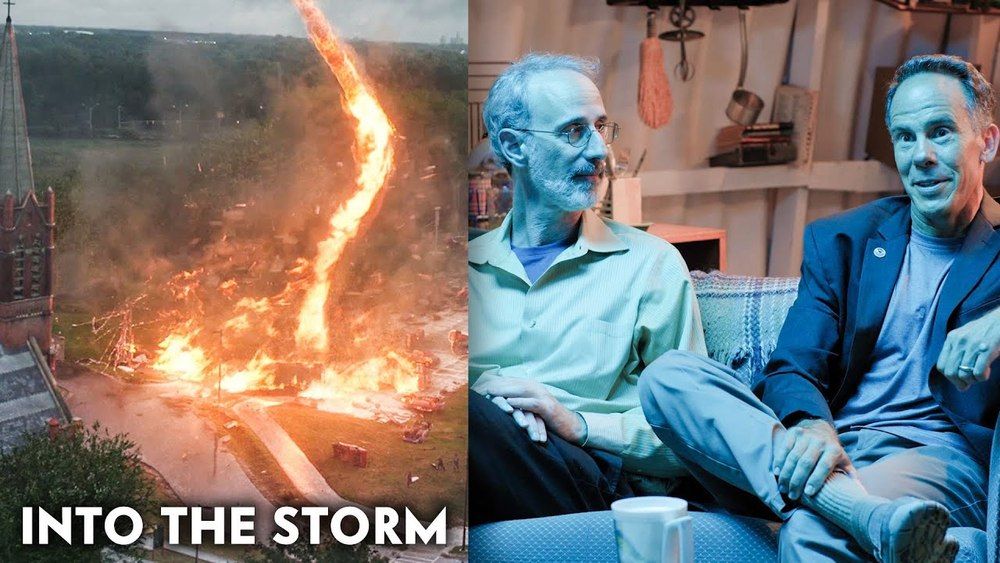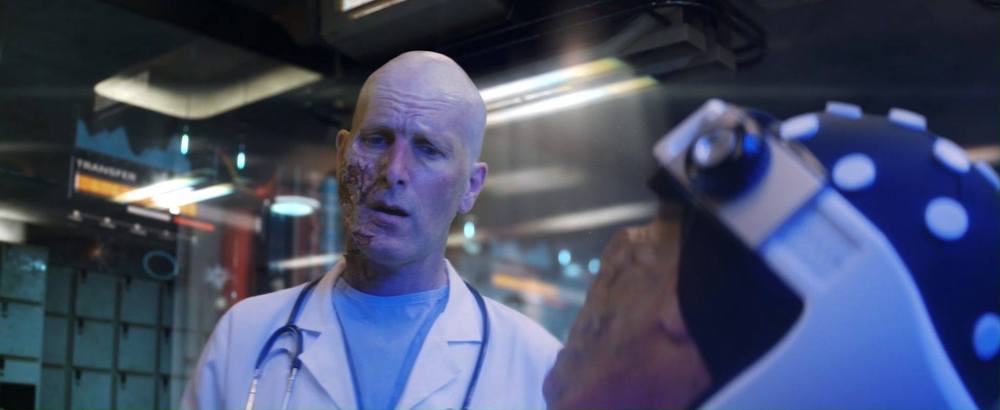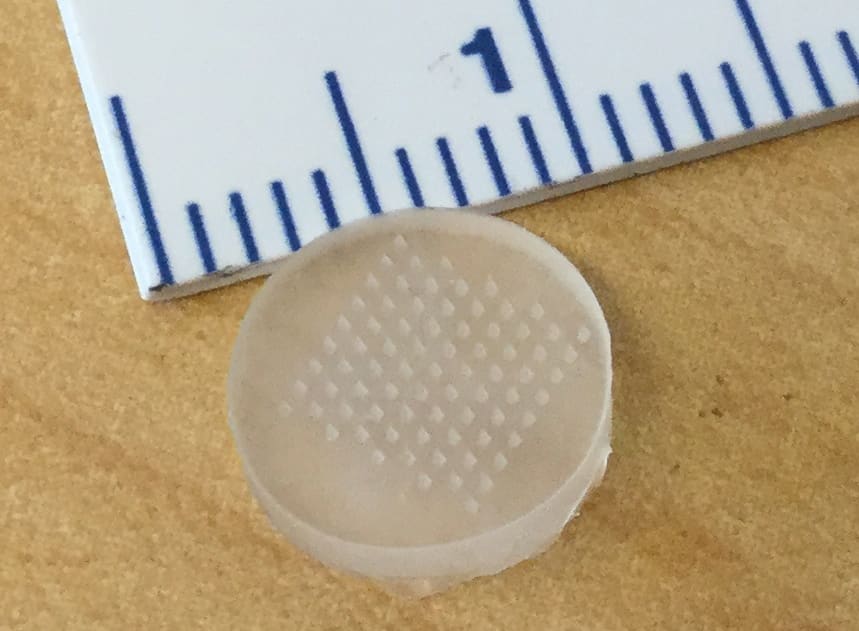Panasonic has introduced what may be the first vacuum-panel-insulated refrigerator in the world. The 17.7 ft3 (501 l) NR-F503TE refrigerator-freezer, introduced in late 2008 in Japan, is insulated with Panasonic’s U-VacuaIV vacuum panels that consist of multiple layers of glass fibers and aluminum films sealed into a vacuum panel. The refrigerator-freezer uses 350 kWh per year, according to the company’s Japanese website (about 25% better than the U.S. federal standard). A larger, 21.3 ft3 (603 l) model, the NR-F603T, uses 440 kWh per year. EBN was unable to learn what type of refrigerant is used except that it is “non-CFC.” Whether the product will be introduced in North America is also not known.








